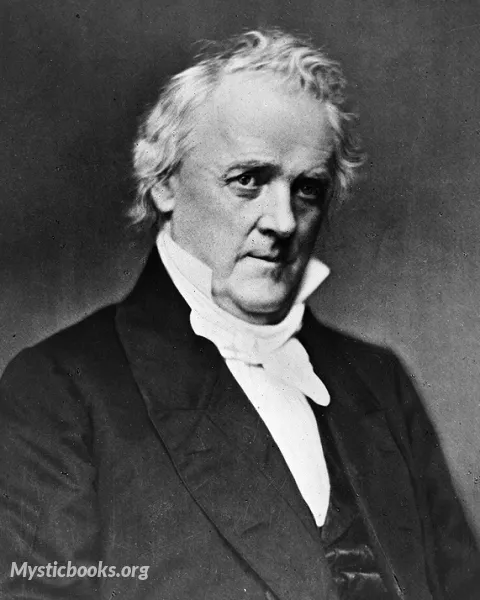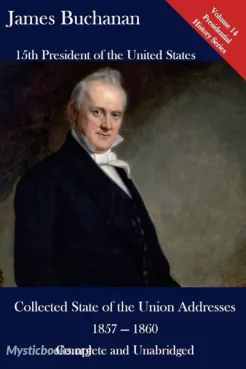
Timeline
Title
Country/Nationality
James Buchanan
James Buchanan, the 15th president of the United States, stands as a figure shrouded in both political acumen and historical controversy. His presidency, marked by the escalating tensions that led to the Civil War, left an indelible mark on the nation's history.
Early Life and Political Ascent
Born in Mercersburg, Pennsylvania, in 1791, James Buchanan displayed an early aptitude for politics. He studied law and entered the political arena, rising through the ranks of the Democratic Party. His political savvy and diplomatic skills earned him a reputation as a skilled negotiator.
Throughout his career, Buchanan held various political offices, including U.S. Congressman, U.S. Senator, Minister to Russia, and Minister to Great Britain. His diplomatic efforts were instrumental in resolving the Oregon Boundary Dispute with Great Britain, a significant achievement that solidified his reputation as a seasoned statesman.
Presidency and the Road to Civil War
Buchanan's presidency, spanning from 1857 to 1861, was a tumultuous period marked by the growing divide between the pro-slavery South and the abolitionist North. He inherited a nation on the brink of civil war, a situation further aggravated by the Dred Scott decision, which declared that African Americans were not citizens and could not sue in federal court.
Buchanan, a staunch supporter of states' rights, attempted to maintain a balance between the opposing factions, believing that compromise was essential to preserving the Union. However, his policies, including his support for the Kansas-Nebraska Act, which allowed residents of new territories to decide the issue of slavery, only exacerbated the tensions.
Buchanan's presidency was also marked by economic hardship and political turmoil. The Panic of 1857 plunged the nation into a severe economic recession, exacerbating social and political divisions. Additionally, the formation of the Republican Party, a party committed to abolishing slavery, further polarized the political landscape.
Legacy and Controversies
James Buchanan's presidency remains a subject of historical debate. Some historians view him as a weak and indecisive leader who failed to take decisive action to prevent the Civil War. Others argue that he was a pragmatic politician who attempted to maintain a delicate balance between the North and the South in a time of extreme political polarization.
Buchanan's legacy is also tarnished by his personal views on slavery. While he did not actively support slavery, he believed that it was a legal institution protected by the Constitution. He also opposed abolition, believing that it would lead to civil war.
Despite the controversies surrounding his presidency, Buchanan's accomplishments as a diplomat and his contributions to resolving the Oregon Boundary Dispute are undeniable. However, it is his role in the events leading up to the Civil War that has cemented his legacy as a president who failed to prevent the nation's most devastating conflict.
Interesting Facts about James Buchanan
- James Buchanan was the only president to remain a bachelor throughout his life.
- He was also the only president to come from Pennsylvania.
- Buchanan was a skilled orator and a master of political maneuvering.
- He was a strong advocate for states' rights and a staunch defender of the Constitution.
- Buchanan's presidency was marked by a number of significant events, including the Dred Scott decision, the Panic of 1857, and the formation of the Republican Party.
- Buchanan's legacy remains a subject of debate among historians.
Books by James Buchanan

State of the Union Addresses by United States Presidents (1857 - 1860)
In the annals of American history, few presidencies have been as controversial and consequential as that of James Buchanan. As the nation teetered on the brink of civil war, Buchanan delivered four State of the Union addresses that reflected his poli...